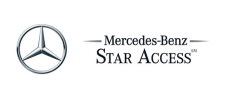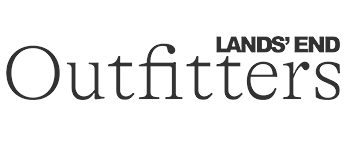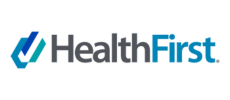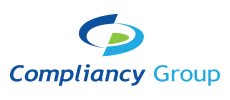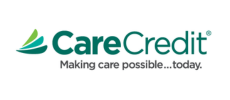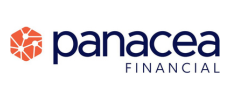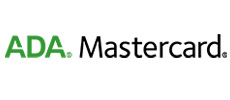IRS Issues 2025 Tax Inflation Adjustments
Per the notice below, the United States Internal Revenue Service (IRS) has issued the tax inflation adjustments for 2025.
IRS releases tax inflation adjustments for tax year 2025
The Internal Revenue Service announced today the annual inflation adjustments for tax year 2025. Revenue Procedure 2024-40 provides detailed information on adjustments and changes to more than 60 tax provisions that will impact taxpayers when they file their returns in 2026.
Notable changes for tax year 2025
The tax year 2025 adjustments described below generally apply to income tax returns to be filed starting tax season 2026. The tax items for tax year 2025 of greatest interest to many taxpayers include the following dollar amounts:
- Standard Deductions. For single taxpayers and married individuals filing separately for tax year 2025, the standard deduction rises to $15,000 for 2025, an increase of $400 from 2024. For married couples filing jointly, the standard deduction rises to $30,000, an increase of $800 from tax year 2024. For heads of households, the standard deduction will be $22,500 for tax year 2024, an increase of $600 from the amount for tax year 2024.
- Marginal Rates. For tax year 2025, the top tax rate remains 37% for individual single taxpayers with incomes greater than $626,350 ($751,600 for married couples filing jointly). The other rates are:
- 35% for incomes over $250,525 ($501,050 for married couples filing jointly).
- 32% for incomes over $197,300 ($394,600 for married couples filing jointly).
- 24% for incomes over $103,350 ($206,700 for married couples filing jointly).
- 22% for incomes over $48,475 ($96,950 for married couples filing jointly).
- 12% for incomes over $11,925 ($23,850 for married couples filing jointly).
- 10% for incomes $11,925 or less ($23,850 or less for married couples filing jointly).
- Alternative Minimum Tax Exemption Amounts. For tax year 2025, the exemption amount for unmarried individuals increases to $88,100 ($68,650 for married individuals filing separately) and begins to phase out at $626,350. For married couples filing jointly, the exemption amount increases to $137,000 and begins to phase out at $1,252,700.
- Earned Income Tax Credits. For qualifying taxpayers who have three or more qualifying children, the tax year 2025 maximum Earned Income Tax Credit amount is $8,046, an increase from $7,830 for tax year 2024. The revenue procedure contains a table providing maximum EITC amount for other categories, income thresholds and phase-outs.
- Qualified Transportation Fringe Benefit. For tax year 2025, the monthly limitation for the qualified transportation fringe benefit and the monthly limitation for qualified parking rises to $325, increasing from $315 in tax year 2024.
- Health Flexible Spending Cafeteria Plans. For the taxable years beginning in 2025, the dollar limitation for employee salary reductions for contributions to health flexible spending arrangements rises to $3,300, increasing from $3,200 in tax year 2024. For cafeteria plans that permit the carryover of unused amounts, the maximum carryover amount rises to $660, increasing from $640 in tax year 2024.
- Medical Savings Accounts. For tax year 2025, participants who have self-only coverage the plan must have an annual deductible that is not less than $2,850 (a $50 increase from the previous tax year), but not more than $4,300 (an increase of $150 from the previous tax year).
The maximum out-of-pocket expense amount rises to $5,700, increasing from $5,550 in tax year 2024. For family coverage in tax year 2025, the annual deductible is not less than $5,700, increasing from $5,550 in tax year 2024; however, the deductible cannot be more than $8,550, an increase of $200 versus the limit for tax year 2024. For family coverage, the out-of-pocket expense limit is $10,500 for tax year 2025, rising from $10,200 in tax year 2024.
- Foreign Earned Income Exclusion. For tax year 2025, the foreign earned income exclusion increases to $130,000, from $126,500 in tax year 2024.
- Estate Tax Credits. Estates of decedents who die during 2025 have a basic exclusion amount of $13,990,000, increased from $13,610,000 for estates of decedents who died in 2024.
- Annual Exclusion for Gifts increases to $19,000 for calendar year 2025, rising from $18,000 for calendar year 2024.
- Adoption Credits. For tax year 2025, the maximum credit allowed for an adoption of a child with special needs is the amount of qualified adoption expenses up to $17,280, increased from $16,810 for tax year 2024.
Unchanged for tax year 2025
By statute, certain items that were indexed for inflation in the past are currently not adjusted.
- Personal Exemptions for tax year 2025 remain at 0, as in tax year 2024. The elimination of the personal exemption was a provision in the Tax Cuts and Jobs Act of 2017.
- Itemized Deductions. There is no limitation on itemized deductions for tax year 2025, as in tax year 2024 and preceding, to tax year 2018. The limitation on itemized deductions was eliminated by the Tax Cuts and Jobs Act of 2017.
- Lifetime Learning Credits. The modified adjusted gross income amount used by taxpayers to determine the reduction in the Lifetime Learning Credit provided in Sec. 25A(d)(1) of the Internal Revenue Code is not adjusted for inflation for taxable years beginning after Dec. 31, 2020. The Lifetime Learning Credit is phased out for taxpayers with modified adjusted gross income in excess of $80,000 ($160,000 for joint returns).


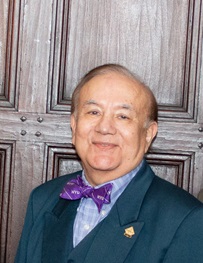
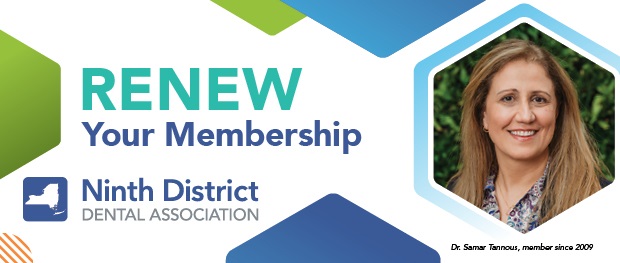
.tmb-rotator.png?Culture=en&sfvrsn=e3185440_1)
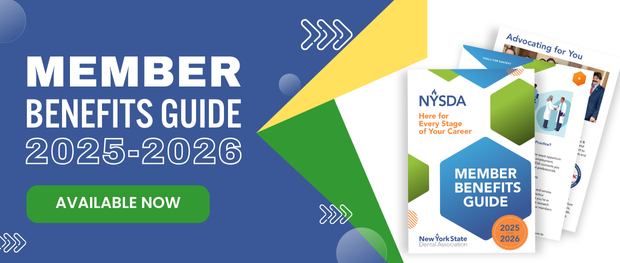


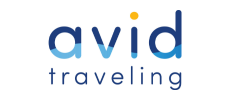
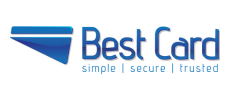
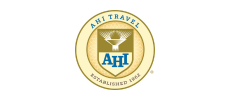
.png?sfvrsn=4447de7f_1)


